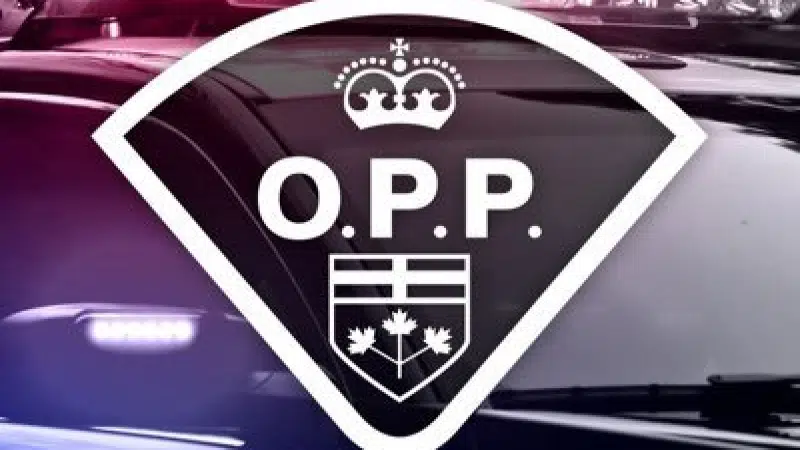
Provincial Police are investigating several incidents of cyberbullying in northern First Nation communities.
OPP say they are very concerned about the devastating impact of cyberbullying and other online criminal activities that are hurting youth in remote communities.
Parents are asked to encourage their child to not respond, stressing it only just fuels the fire and makes the situation worse.
You should keep all messages, pictures, and texts, as they can be used as evidence for police.
If you discover that your child is a victim, you are encouraged to let them know that it’s not their fault.
Police recommend that you praise your child for doing the right thing by talking about it and remind them that they aren’t alone.
Other measures to try:
-Block the bully. Most devices have settings that allow you to electronically block emails or texts from specific people.
-Limit access to technology. Although it’s hurtful, many kids who are bullied can’t resist the temptation to check websites or phones to see if there are new messages. Keep the computer in a public place in the house (no laptops in children’s bedrooms, for example) and put limits on the use of cellphones and games. Most websites and smartphones include parental control options that give parents access to their kids’ messages and online life.
-Know your kids’ online world. Ask to “friend” or “follow” your child on social media sites, but do not abuse this privilege by commenting or posting anything to your child’s profile. Check their postings and the sites kids visit, and be aware of how they spend their time online. Talk to them about the importance of privacy and why it’s a bad idea to share personal information online, even with friends. Write up cellphone and social media contracts that you are willing to enforce.
-Learn about ways to keep your kids safe online. Encourage them to safeguard passwords and to never post their address or whereabouts when out and about.



